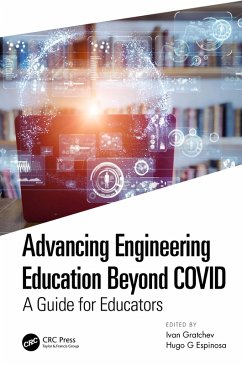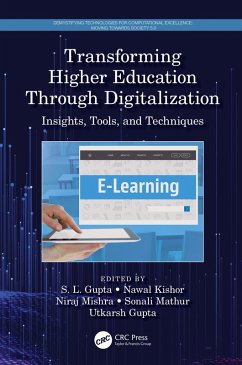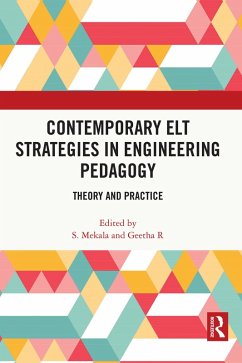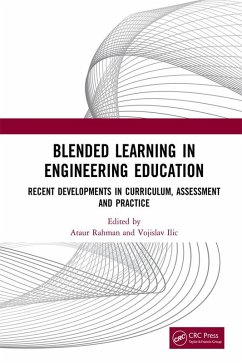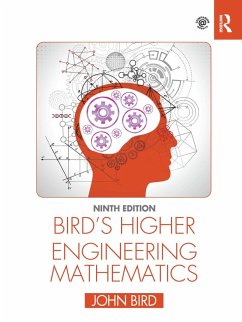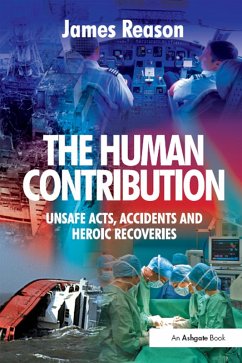
Advancing Engineering Education Beyond COVID (eBook, PDF)
A Guide for Educators
Redaktion: Gratchev, Ivan; Espinosa, Hugo G.
Versandkostenfrei!
Sofort per Download lieferbar
45,95 €
inkl. MwSt.
Weitere Ausgaben:

PAYBACK Punkte
23 °P sammeln!
Educators, are you ready to meet the challenge of cultivating the next generation of engineers in a post-COVID-19 context?Current engineering student cohorts are unique to their predecessors: they are more diverse and have experienced unprecedented disruption to their education due to the COVID-19 pandemic. They will also play a more significant role in contributing to global sustainability efforts. Innovating engineering education is of vital importance for preparing students to confront society's most significant sustainability issues: our future depends on it.Advancing Engineering Education...
Educators, are you ready to meet the challenge of cultivating the next generation of engineers in a post-COVID-19 context?
Current engineering student cohorts are unique to their predecessors: they are more diverse and have experienced unprecedented disruption to their education due to the COVID-19 pandemic. They will also play a more significant role in contributing to global sustainability efforts. Innovating engineering education is of vital importance for preparing students to confront society's most significant sustainability issues: our future depends on it.
Advancing Engineering Education Beyond COVID: A Guide for Educators offers invaluable insights on topics such as implementing active-learning activities in hybrid modes; developing effective and engaging online resources; creating psychologically safe learning environments that support academic achievement and mental health; and embedding sustainability within engineering education. Students' own perspectives of online learning are also incorporated, with the inclusion of a chapter authored by undergraduate engineering students.
This book consolidates the expertise of leading authorities within engineering education, providing an essential resource for educators responsible for shaping the next generation of engineers in a post-COVID-19 world.
Current engineering student cohorts are unique to their predecessors: they are more diverse and have experienced unprecedented disruption to their education due to the COVID-19 pandemic. They will also play a more significant role in contributing to global sustainability efforts. Innovating engineering education is of vital importance for preparing students to confront society's most significant sustainability issues: our future depends on it.
Advancing Engineering Education Beyond COVID: A Guide for Educators offers invaluable insights on topics such as implementing active-learning activities in hybrid modes; developing effective and engaging online resources; creating psychologically safe learning environments that support academic achievement and mental health; and embedding sustainability within engineering education. Students' own perspectives of online learning are also incorporated, with the inclusion of a chapter authored by undergraduate engineering students.
This book consolidates the expertise of leading authorities within engineering education, providing an essential resource for educators responsible for shaping the next generation of engineers in a post-COVID-19 world.
Dieser Download kann aus rechtlichen Gründen nur mit Rechnungsadresse in A, B, BG, CY, CZ, D, DK, EW, E, FIN, F, GR, HR, H, IRL, I, LT, L, LR, M, NL, PL, P, R, S, SLO, SK ausgeliefert werden.




